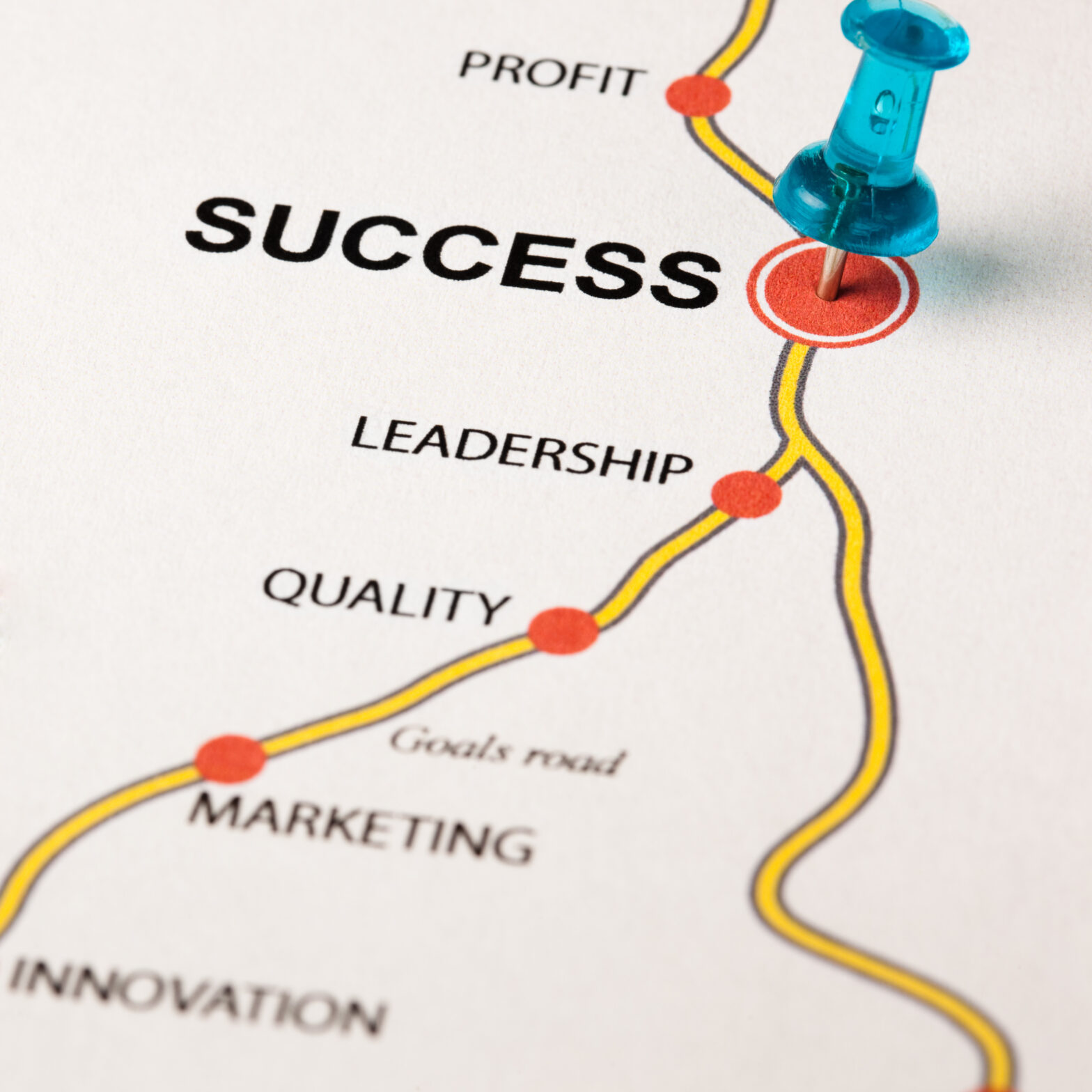Capitalism has an image problem. Of course, the classic idea of pure cut-throat capitalism – of hard-nosed business people driving up profits no matter the cost to the environment or humanity – is thankfully becoming more of a distant memory than the reality of 150 years ago.
‘Greed’, said Wall Street’s Gordon Gecko, ‘is good’. Oliver Stone’s 1987 film held up a mirror to the corporate world’s worst excesses – and we didn’t like what we saw. Combined with the yuppie culture of the 1980s and then the sky-high banker salaries of the 1990s and 2000s, the tide has turned, at least in attitude. Today, in most parts of the world, glutinous excess is frowned upon. Of course, profit will always be a major motivator in business, but today we want companies to give back.
Giving is good for business, good for everyone
Recent research by the Greg Secker Foundation found that more than two in five of us think UK businesses should be doing more for charities. Why you do this is important: my first principle of business philanthropy is to give back, not because it makes you look good or because it’s good for business, but because it makes a positive difference to an individual or community.
However, if you need a business case for giving to charity, our study delivers the answer: nearly a fifth of us Brits are more likely to recommended a business to friends and family or use it over a competitor if it gives 5 per cent of its annual profits to charity.
Isn’t this just CSR all over again?
So, philanthropy is good for society and good for business. But haven’t businesses been driving their CSR and philanthropy schemes for decades? Yes they have, but the entire perspective is changing. It’s no longer an add-on, a separate part of the business that deals with cash hand outs and charity days, it’s now an integral part of how a business operates.
Part of the reason for this is consumer attitudes. As we’ve already seen above, consumers have more respect for companies that give. But consumers are also more likely to buy from companies that give. This is prevalent among younger consumers: when it comes to purchasing decisions, 60 per cent of millennials, 53 per cent of Gen Z and 51 per cent of Gen X report that a brand’s beliefs really do matter. What’s more, this same effect is seen in higher-earning consumers, with 57 per cent of top quartile earners reporting that they care about brands’ beliefs.
You might think consumers in developing economies wouldn’t have the same level of interest in a brand’s beliefs. But they do: 73 per cent of consumers in China and 65 per in India are more likely to care about a brand’s beliefs.
More than chucking money at a problem
The attitudes of Silicon Valley’s tech giants are also shaping corporate approaches to ‘brand beliefs’ – they see themselves as being principled, caring and empathetic. Google’s own mantra is ‘Don’t be evil’. And they put their money where their mouth is: it’s incredible to see major multibillion dollar companies openly criticising a sitting US president’s policies. This is much more than just throwing money at charities; they’re prepared to make a stand.
These forward-thinking organisations realise that consumers won’t put up with any other approach. We want to buy from companies which match our own outlook.
Meanwhile, new technologies on the horizon are set to shake up the corporate status quo. Blockchain and cryptocurrencies will help individuals lend each other money at agreed rates that are cheaper than banks but enough to make a living. It will be disintermediation taken to its natural endpoint – giving everyone the ability to be their own personal bank, retailer, or service provider. Look out for names like Consensus and Abra, two blockchain startups set to shake up the accounting industry (Consensus) and the payment services industry (Abra) using a blockchain-based decentralised model.
Give time, give energy, give your heart and soul
In the UK, we can look to the biggest corporate charity givers to find inspiration: Lloyds Bank (£64m), ITV (£24 million), Santander (£22 million) – a top ten list that includes John Lewis, Marks & Spencer, Goldman Sachs and HSBC.
But the future is going to look very different. Giving money isn’t enough: companies of the future will give their own time and their own moral weight to issues that matter to them. More giving, more wealth being decentralised and redistributed through companies, and ever more graphic illustrations that modern corporate ideologies value principles as much (or almost as much) as profits.
It’s going to be an interesting decade ahead. Are you ready to reshape your business around a philanthropic model? It sounds daunting, but without taking action where will your brand be in years to come? Don’t be viewed as a 21st century workhouse – start making a difference today.
Greg Secker is the founder of The Greg Secker Foundation and Learn to Trade.






